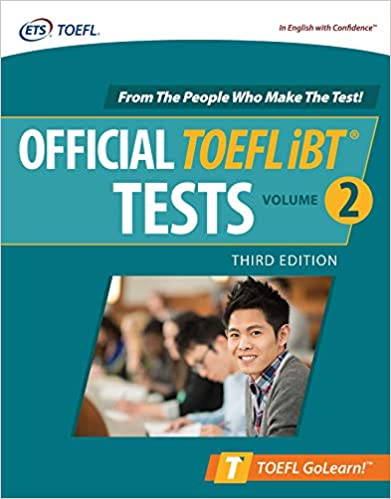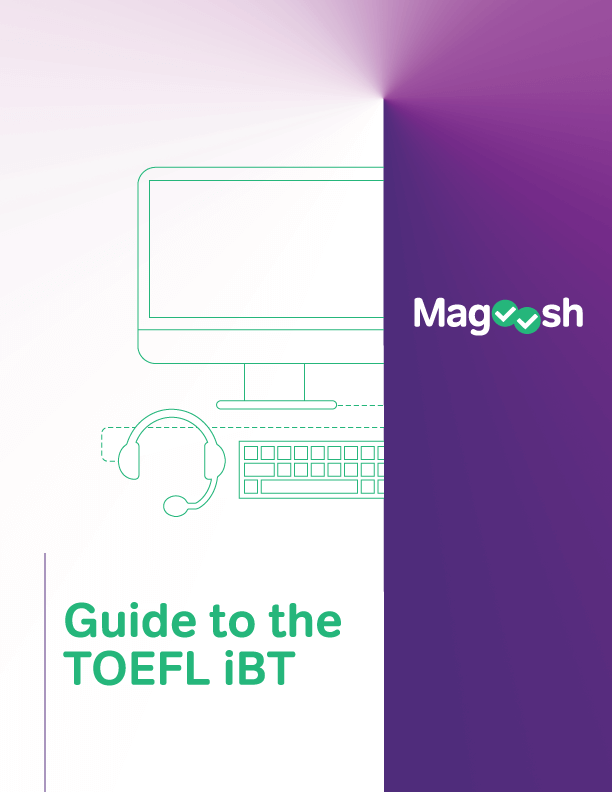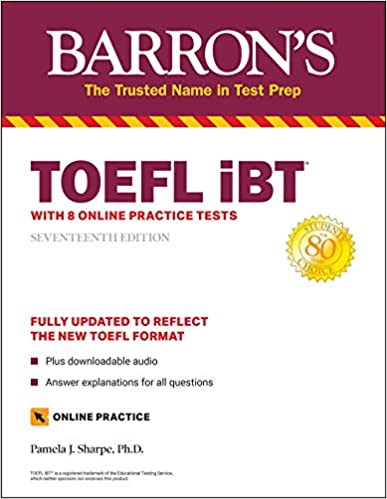The registration cost for the TOEFL iBT varies from country to country, and sometimes even from testing center to testing center. The test fee can be anywhere from 160-250 USD, but in most places it’s around $200. If you don’t study (bad idea) or borrow your study materials (better idea) and register on time (great idea), that’s all you would have to pay—unless you decide that you need to change your test date ($60), have a section rescored ($80 per section), or send more score reports than the four that are included in your testing fee ($18 per report).
But wait, you say. What if I want to do more than just take the test? Well then, my friend, read on to find the balance of cost, effectiveness, and study commitment that suits you best.
The Wallet-Friendly Study Plan: about $20
If you’re a self-motivated learner and/or you have a good group of people with whom you can study, you should be able to maximize your performance on the TOEFL without too much financial investment. At minimum, I would recommend that you get either the Official Guide to the TOEFL Test (Fourth Edition) or one of the books of 5 official practice tests. These are the most current books published by the makers of the test, so they are some of the best sources for practice questions. They’re not fun books, and they don’t focus on teaching you skills—even the official guide is mostly just practice questions—but you can’t beat them for authentic practice material and full-length practice tests.
If you combine the Official Guide with the resources that are available online (like this blog!), you can put together a minimum amount of material to learn about the TOEFl and get some practice.
The Time-Saving Study Plan: $40-50
The first plan is great if you really need to save cash. But what if your problem is not money, but finding time to study? In that case, hunting down all these resources for yourself is probably not the best use of what little study time you’ve got.
We still want to avoid frivolous spending, so let’s try to get maximum practice out of minimal resources. You still definitely want the Official Guide.
There’s a ton of reading practice in the Official Guide, which should be plenty to get you started. To get more, you can try another comprehensive test book like the Cambridge Preparation for the TOEFL Test (about $40), or you can rely on outside resources. To get the most variety from the least commitment, try a subscription to Time Magazine or another weekly periodical that covers a broad range of topics. $30 for a one-year subscription
Supplement your reading with a vocabulary book. Try McGraw-Hill’s 400 Must-Have Words for the TOEFL or Barron’s Essential Words for the TOEFL. Both of these are readily available for less than $10.
Good news: Other than the books mentioned above, the best listening resources are free. Subscribe to the TOEFL podcast at ESLPod.com for academics-related dialogues created specifically for TOEFL preparation.
The Intense Plan
Both of the above plans are great if you have the time, resources, and self-motivation to study by yourself. But a lot of people find an in-person class helpful: not only can your tutor explain areas of difficulty and help you identify and correct your weaknesses, but they also will help keep you on track and eliminate the guesswork from your study plan. Of course, this comes at a cost that is for many people prohibitive. In general, you can expect to pay anywhere between $25 and $50 per hour for a private tutor; a one-month, comprehensive course in a group setting will run you about $1000 total.
Private Tutor: $25-50 per hour
Course: $800-1500 for a complete course between 4-16 weeks (estimate)
If you’re looking for a more affordable alternative to an in-person course, you may want to check out our online TOEFL preparation course.
So how much does the TOEFL cost? Just taking the test will generally cost you around $200. But how much you actually wind up spending will depend on your study style, strengths and weaknesses, and how much time and money you’re willing to put into improving your score.






Leave a Reply